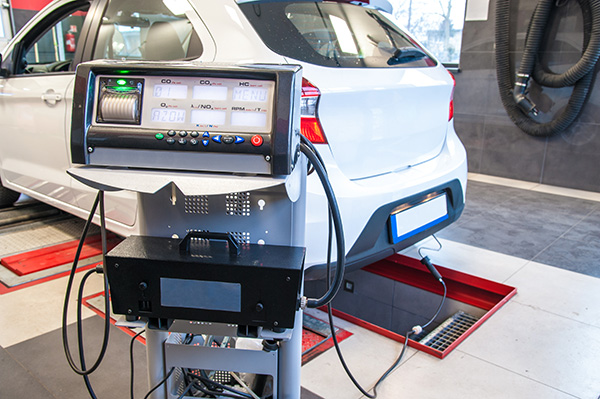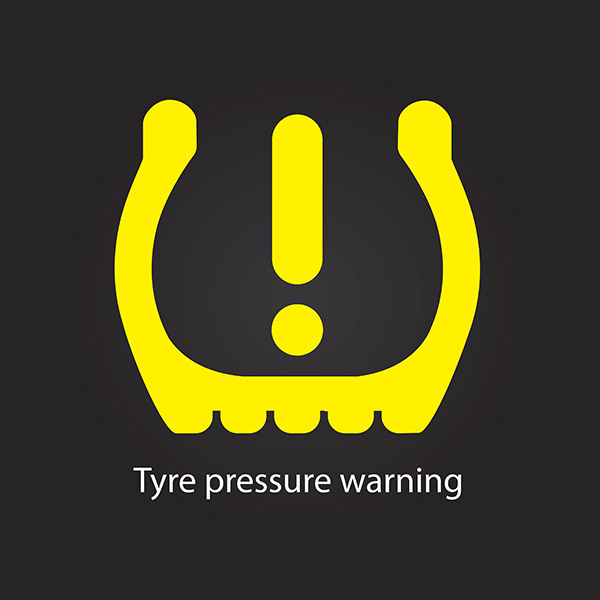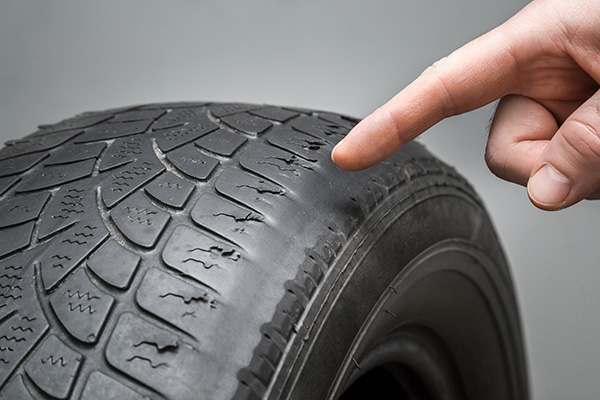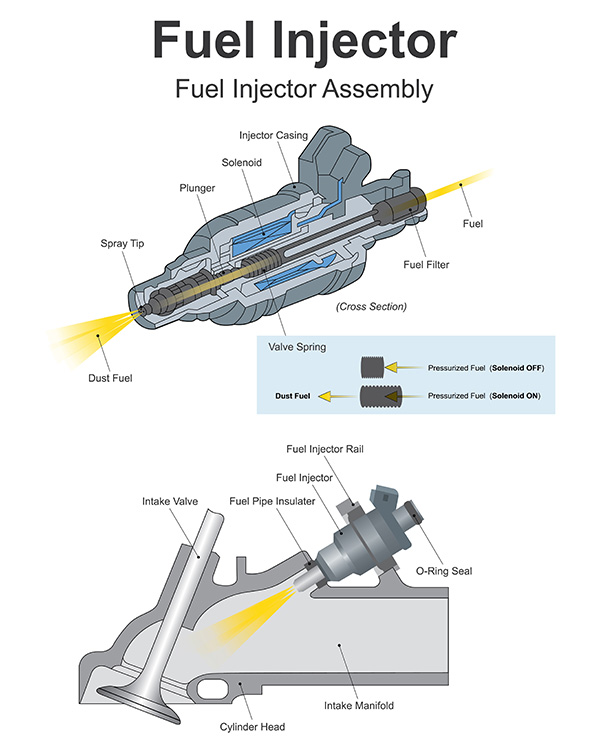Posted on 12/20/2024

Getting your car ready for an emissions test is something most drivers don’t give much thought to—until their vehicle fails. It can be frustrating and stressful, especially if you're unsure what went wrong or how to fix it. But don’t worry! There’s a straightforward path to getting your car back in compliance and back on the road. Emissions Testing Emissions tests measure the amount of harmful pollutants your vehicle releases into the air. States and cities require these tests to ensure cars meet environmental standards, reduce air pollution, and protect public health. When your car fails an emissions test, it’s a sign that something isn’t functioning as it should—whether it’s a worn-out part, a temporary issue, or even a problem with the way your car burns fuel. Knowing what to do next can save you time, money, and a lot of headaches. Step 1: Don’t Panic—Check Your Test Results First ... read more
Posted on 11/29/2024

Winter rolls in, and before you know it, that pesky low tire pressure warning pops up on your dashboard. It’s one of those signals drivers commonly see as temperatures start to drop, leaving you wondering: did I run over a nail, or is something else at play here? The truth is, cold weather directly impacts your tire pressure—and it doesn’t necessarily mean there’s a puncture. We'll explain why those warning lights are so common in colder months and how to keep your tires safe and properly inflated all winter. Temperature and Tire Pressure First, let’s talk about the science behind tire pressure. Air, like all gasses, expands when heated and contracts when cooled. This means that as temperatures drop, the air in your tires takes up less space, leading to a decrease in pressure. Generally, for every 10 degrees Fahrenheit that the temperature drops, tire pressure falls by about 1-2 psi (pounds per square inch). If your tires were at the ... read more
Posted on 10/31/2024

Your car’s tires are more than just rubber on the road—they determine your vehicle’s performance, safety, and fuel efficiency. Over time, however, even the best tires wear out, and knowing when to replace them is key to avoiding accidents. But how can you tell when it’s time to get new tires? 1. Tread Depth Tread depth is one of the easiest and most reliable indicators that your tires are due for replacement. The grooves in your tire’s tread help channel water away, giving your car the grip it needs on wet roads. Once your tread is worn down, it can’t do its job as well, putting you at risk for skidding or hydroplaning. A quick way to check tread depth is the penny test. Simply insert a penny into the tread grooves with Lincoln’s head upside down and facing you. If you can see the top of his head, your tread is less than 2/32” deep, which means it’s time to replace your tires immediately. Even if your tires pass ... read more
Posted on 9/27/2024

Ever felt like your car isn’t performing the way it used to? The issue might be dirty fuel injectors if your engine is acting up. These small components ensure your engine receives the right amount of fuel for efficient combustion. However, over time, they can become clogged, leading to various performance issues. So, how can you tell if your fuel injectors need cleaning? Let’s explore some telltale signs that could indicate it’s time for a good fuel injector clean-up. What Are Fuel Injectors Fuel injectors are responsible for spraying a fine mist of fuel into the engine’s combustion chamber, where it mixes with air to create the energy that powers your car. This process needs to be precise, and even a small amount of dirt or build-up can throw everything off. Over time, carbon deposits from fuel can clog the injectors, reducing the spray quality and causing engine problems. Keeping your injectors clean is vital ... read more
Posted on 8/30/2024

Mini Coopers are beloved for their quirky design, agile handling, and overall fun driving experience. However, like any vehicle, they come with their own set of issues. If you're a Mini Cooper owner or considering becoming one, it's important to be aware of these cars' most common problems. Understanding these issues can help you take preventative measures and ensure your Mini stays in top shape. 1. Oil Leaks One of the most frequent issues reported by Mini Cooper owners is oil leaks. These leaks often stem from the valve cover gasket, the oil filter housing gasket, or the crankshaft seal. Oil leaks can lead to serious engine damage if not addressed promptly. You might notice oil spots under your car, a burning oil smell, or low oil levels between changes. Regularly checking for leaks and addressing them early can save you from expensive repairs down the road. 2. Transmission Troubles Mini Coopers, particularly those with automatic tran ... read more